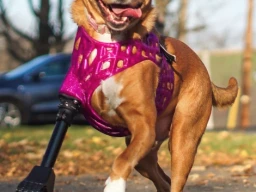
Prosthetics and Braces for Pets
The process of getting a prosthetic or brace for your pet typically involves working with a veterinarian who specializes in orthotics and prosthetics or a veterinary rehabilitation specialist.
Read more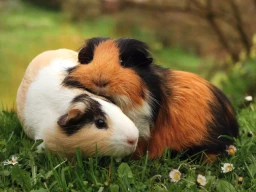
What age is appropriate to own a Guinea Pig
Guinea pigs can make excellent pets for people of all ages, but they are particularly well-suited for families with children.
Read more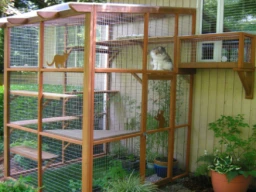
Building a Catio
Ideally, you should choose a location that provides plenty of natural light and fresh air, while also keeping your cat safe and secure.
Read more
Animal Communication and Healing
Reiki is a form of alternative medicine that focuses on physical and emotional healing.
Read more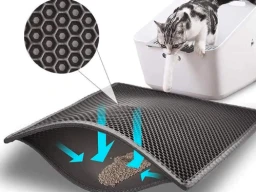
Cat litter trays and mats
A litter tray is a container used to hold cat litter, while a litter mat is a mat placed outside or inside the tray to help capture any litter that may be kicked out by your cat.
Read more
What to feed my Horse and Pony
It is important to consult with a veterinarian or equine nutritionist to determine the most appropriate feed and grain options for your individual horse or pony based on their age, breed, weight, and activity level.
Read more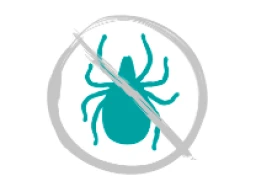
Treating our pets for ticks, fleas and worms
The best medication for your pet will depend on their specific needs and health condition, so it's important to consult with your veterinarian to determine the best option for your pet.
Read more
Unlocking the Mysteries of Animal Communication and Healing
One of the most remarkable aspects of animal communication is its ability to transcend language barriers.
Read more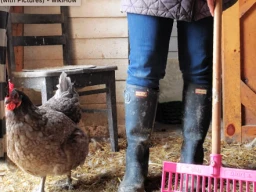
Cleaning out your chicken Coop
Cleaning out your chicken coop is an essential task to maintain a healthy and comfortable environment for your chickens.
Read more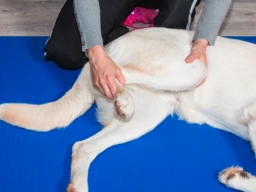
Physiotherapists for dogs
Veterinary physiotherapy can be a valuable tool in enhancing your dog's overall health and well-being when used in conjunction with traditional veterinary care.
Read more
Pet insurance
The coverage can include various medical treatments, surgeries, medications, and sometimes preventive care.
Read more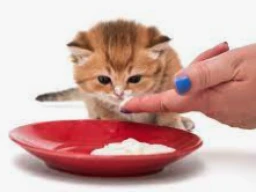
Weaning Cats off Milk, Substitutes, Timing, and Considerations
Successfully weaning kittens off milk involves gradual introduction of suitable substitutes such as kitten formula and wet kitten food, starting around 4-6 weeks of age.
Read more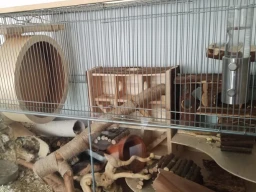
Buying Gerbils and all that is involved
By providing a suitable cage, a balanced diet, regular veterinary care, and opportunities for mental and physical stimulation, you'll be on your way to ensuring a happy and healthy life for your gerbils.
Read more
Walking my cat on a leash
Remember, not all cats will enjoy walking on a leash, and it's important to respect your cat's comfort level.
Read more
How to Choose the correct Doggy daycare facility
Choosing the right doggy daycare for your dog is crucial to ensure their safety, well-being, and a positive experience.
Read more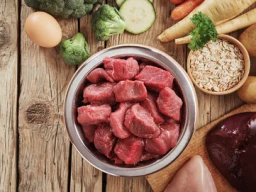
Pros and Cons of feeding raw dog food
It is important to note that raw and frozen dog food diets are not suitable for all dogs.
Read more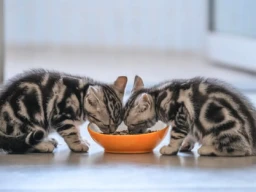
What to feed your kitten and why
Feeding your kittens a well-balanced and appropriate diet is crucial for their growth and development.
Read more
Nourishing Your New Best Friend: A Guide to Puppy Food and Weaning
One of the key milestones in a puppy's journey is the transition from milk to solid food, a process known as weaning.
Read more
Delightful Delicacies: A Guide to Puppy Treats and Milk
Opt for treats that are small in size and easy to chew, especially for younger puppies with developing teeth and jaws.
Read more
Transporting a cat
Cats often find travel stressful, so it's important to minimise their discomfort as much as possible.
Read more